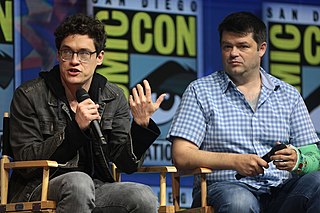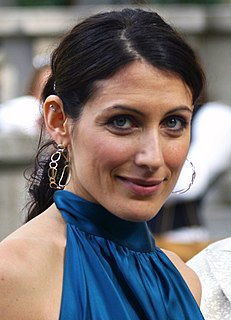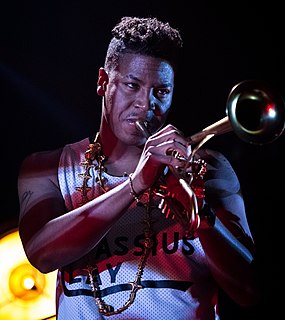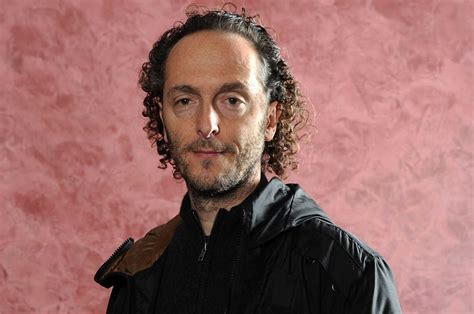A Quote by Phil Lord
I think we're going to be very embarrassed in a few years when we see a lot more women film-makers. People will look back and ask, 'How did it take so long for you to figure this out?'
Related Quotes
Pessimism is a very easy way out because it is a short view of life. If you look at what is happening around us today, you can't help but feel that life is a terrible complexity of problems. But if you look back a few thousand years, you realize that we have advanced fantastically. If you take a long view, I do not see how you can be pessimistic about the future of mankind.
The roles that men and women play are no longer the standard traditional roles of way back when but are those of two very individual people living their lives. I think it's been a hard transition in society - just take a look at the divorce rate - to figure out what that means now. How do you resolve that?
During your lifetime, the people of our culture are going to figure out how to live sustainably on this planet--or they're not. Either way, it's certainly going to be extraordinary. If they figure out how to live sustainably here, then hum anity will be able to see something it can't see right now: a future that extends into the indefinite future. If they don't figure this out, then I'm afraid the human race is going to take its place among the species that we're driving into extinction here every day--as many as 200--every day
We don't have great answers to what jobs will look like in 10, 20, 30 years. And I think it's right for people to have some anxiety in a world where driverless cars are going to take over. Like, how are you going - it's gotten really, how are you going to have a job in 10 years, and how are your kids going to have a job in 10 years, if you haven't gone to college or had a lot of hand-ups in the system, basically.
I've realised that as long as the youth has the ability to use social media and their voice is there, people can actually cut through the nonsense and see what's really going on. People are live streaming from the ground, so everyone's starting to become more aware. When you pull back from this playground of duality, where someone is right and someone is wrong, you recognise that this is the way things have played out for years and years. And as long as the youth culture can see the madness that's going on in the world, there will eventually be a revolution.
What we're doing now, is to try to eradicate the limited notion of how people are interacting with each other through hyper-racialized ideas. A lot of it deal with, as an example, genre. If I ask you to visualize a trap musician or a hip-hop musician, you'll see one thing. If I say visualize a western classical musician, you'll see a very different thing. A lot of how music is disseminated to us is hyper-racialized. It's not something that we think about all the time, but if you take a minute to look back, it's why you get this argument when there's a white rapper.
A day will come when our children and grandchildren will look back and they'll ask one of two questions. Either they will ask: "what in God's name were they doing?" or they may look back and say: "how did they find the uncommon moral courage to rise above politics and redeem the promise of American democracy?"
Some men and women are inquisitive about everything, they are always asking, if they see any one with anything they ask what is that thing, what is it you are carrying, what are you going to be doing with that thing, why have you that thing, where did you get that thing, how long will you have that thing, there are very many men and women who want to know about anything about everything.
I take responsibility for the times I was arrested and the things that I did. Me being 33 now, I look back on those times and I wish that a lot of things I didn't do. I wish I could have back because I see how much I influence people. People wanna follow in my footsteps and I wish that I can now do more positive things, and that back then I'd done more positive things.
I think, in the middle of the '90s, I made a couple of records where I tried to figure out what I thought the radio wanted from me. They weren't my best records by any stretch of the imagination. It didn't take me too long to figure out, 'Whoa, back up, dude. Just go back to following your heart, and it will all be OK.'




































